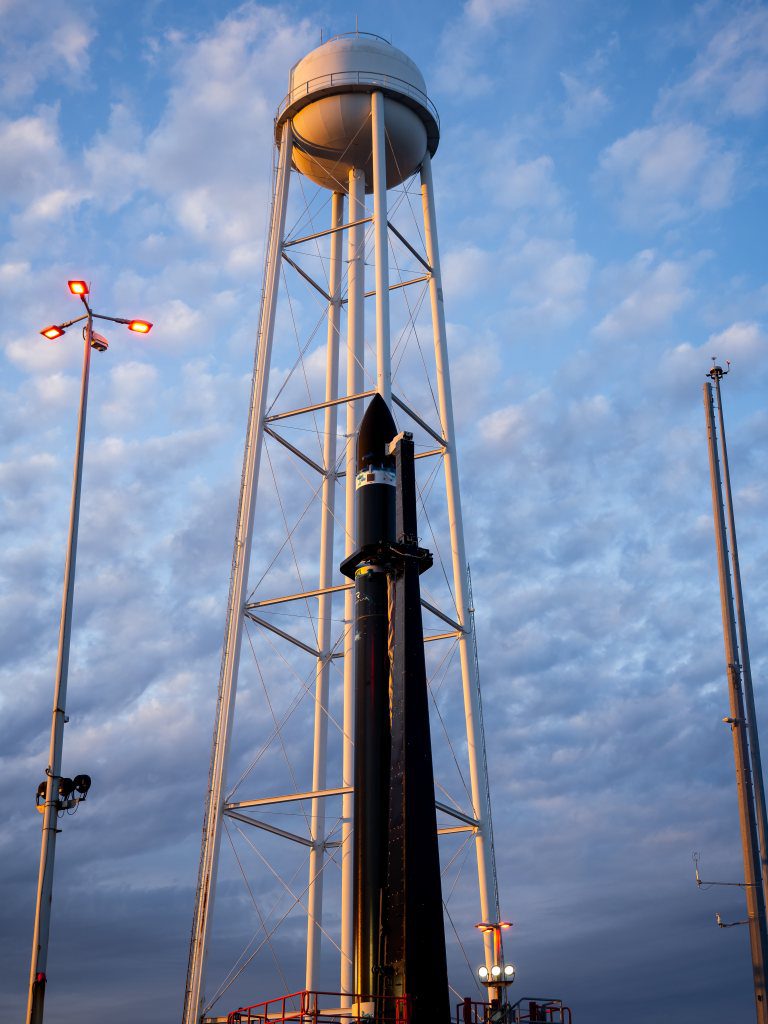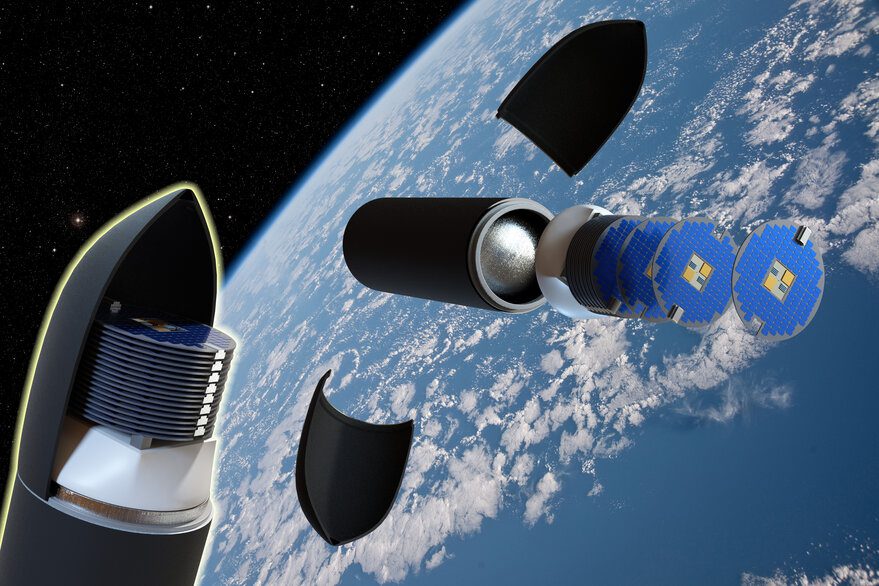The U.S. Space Force announced on April 8 that it gave Rocket Lab a $14.4 million contract to launch an experiment for the Space Test Program, which will fly in a very low Earth orbit.
The STP-S30 mission is expected to launch in 2026 using a Rocket Lab Electron small launcher from the Mid-Atlantic Regional Spaceport at NASA Wallops Flight Facility in Virginia.
The Space Test Program, managed by the Space Force, helps conduct experiments in space that could have military applications. It has a history dating back to the 1960s and has completed numerous civil, defense, and commercial missions.
The 200-kilogram payload for STP-S30 is a new small satellite design called DiskSat, which is a plate-shaped satellite, approximately 40 inches in diameter and one-inch thick.
DiskSat was created with funding from NASA by the Aerospace Corp. as a potential alternative to the standard cubesat. The Space Force will provide launch and orbital operations support under an agreement with NASA.
“DiskSat will demonstrate sustained VLEO (very low Earth orbit) flight and test a unique, 40-inch diameter, disk-shaped satellite bus that is designed to increase on-orbit persistence,” stated the Space Systems Command.
VLEO is an orbit ideal for imaging satellites, communications monitoring, and atmospheric measurements.

Aerospace engineers designed DiskSat with small launch vehicles in mind. The design is based on the payload volume of Rocket Lab’s Electron rocket but can be adapted to fit larger diameter launch vehicles.
According to NASA, the DiskSat plate shape could offer more power and surface area for instruments, creating more possibilities for small spacecraft. For launch, multiple DiskSats can be stacked to fit within a launch vehicle’s fairing and are deployed one at a time after the launch vehicle reaches orbit.
Rocket Lab was chosen to launch this mission as part of the Orbital Service Program OSP-4 contract vehicle overseen by the Space Systems Command. Launch companies selected for OSP-4 missions must be prepared to launch within 24 months of receiving the task order award.









